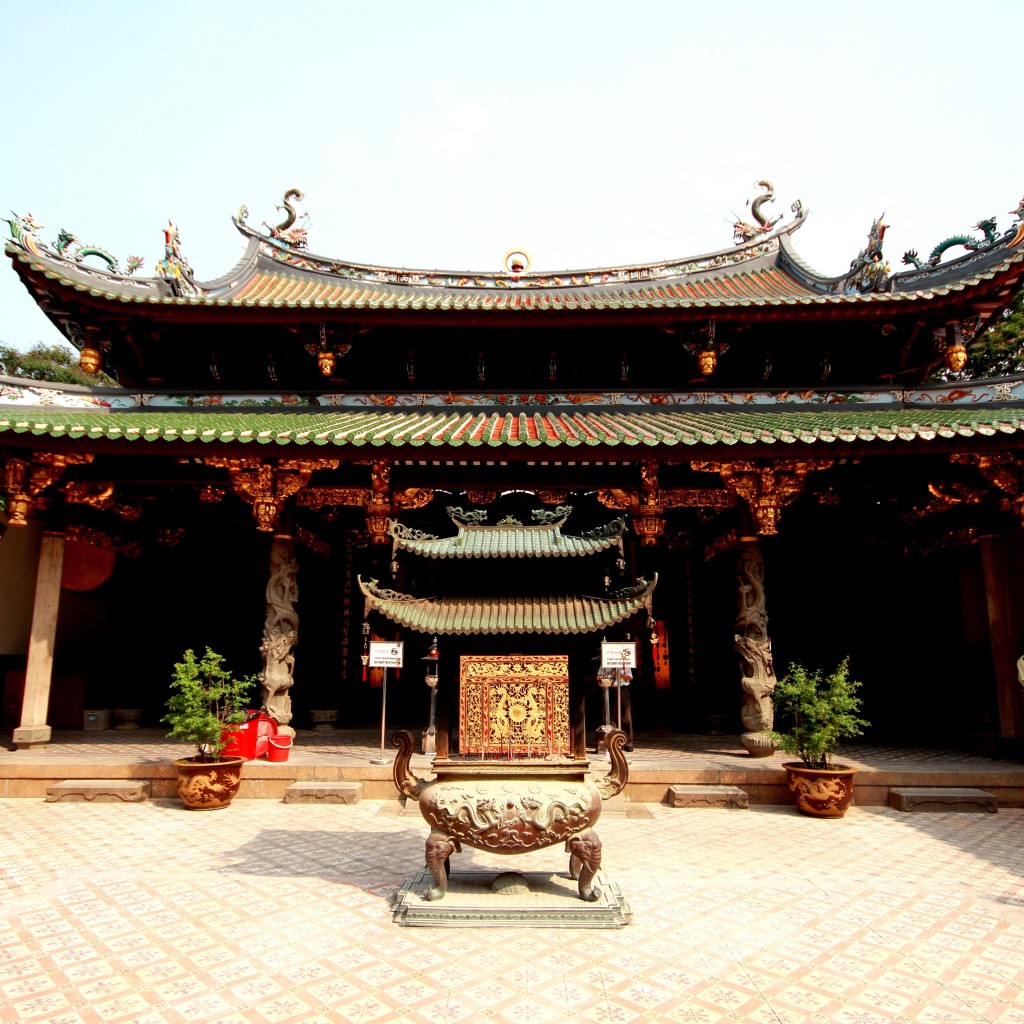Gods and/or Ancestors: Practicing Lineage in Contemporary Singapore
April 4, 2017

Lineage is commonly thought to be irrelevant among the Chinese community in contemporary Singapore. In a 2014 article (Gods and/or Ancestors: Practicing Lineage in Contemporary Singapore) published in the “Journal of Chinese Overseas”, A/P Koh Khee Heong and A/P Ong Chang Woei (both from the Dept of Chinese Studies) argue against this. They point out how two traditional lineage groups –the Wenshan Hongs and the Bangtou Bais- continue to practice lineage until today.
The way in which these two groups practice lineage differs. For the Wenshan Hongs, deities rather than ancestry take centre stage. The Wenshan Hongs had to focus on religious worship and de-emphasize their ancestral identity after their ancestral graveyard was acquired by the state.
In contrast, the Bangtou Bais display their common ancestral identity overtly. This ancestral identity is a convergence of members sharing a common surname, religion and lineage. The Bangtou Bais had to play down their religious customs because land tenure for religious sites is unfavorably fixed at only 30 years. To carry on their activities, land applications were lodged under non-religious associations affiliated with the Bangtou Bais, such as the Peh Association, because they have a better chance of securing longer tenures.
In their quest to survive, these two lineage groups had to adapt to the rapid-changing urban environment in Singapore by altering the ways they practice lineage.
To learn more, please click here.
